Labex in details
Presentation
The LabEx Entreprendre
The LabEx Entreprendre was created in 2011, during the first wave of the call for projects. It was ranked A by the international jury.
It is a collaborative project that brings together some 200 researchers from six research teams in Law, Economics and Management, conducting research on entrepreneurship and innovation in relation to sustainable development issues.
As the only LabEx dedicated to entrepreneurship, Entreprendre is strongly integrated into a dense network of academic and institutional partners, ensuring the excellence of its work in research, training and development. It is one of the 6 LabEx of the I-SITE Montpellier Université d’Excellence (MUSE).
Objectives / Missions
Its activities are carried out within the framework of research programs (within which knowledge is produced) and chairs (in charge of disseminating and valorizing this knowledge).
In the field of training, LabEx Entreprendre pursues an active policy of training in research and through research by financing doctoral contracts, as well as study and research engineer positions. It also supports some fifteen master’s degrees in law, economics and management, and offers executive training (seminars, Executive MBA, MOOC).
As far as valorization is concerned, LabEx Entreprendre is a committed player in the entrepreneurial ecosystem at the local and national levels: participation in ministerial working groups, parliamentary missions, assistance in the creation of academic spin-offs, support for several dozen student-entrepreneurs, organization of and participation in several hundred conferences for entrepreneurship and innovation professionals, etc.
Jean-Marie Courrent, director of the Labex since February 2018, is a professor in entrepreneurship and SME management at the Montpellier Management Institute (University of Montpellier).
10 years if the LabEx : the Making Of
What is a LabEx ?
What are the missions of LabEx Entreprendre ?
Who are its key members?
Relive with us the summary of the day of the 10th anniversary of LabEx to understand everything and meet researchers from all horizons!
How the Labex works ?
STRUCTURATION
Programs
Chairs
Partnerships Chairs
Incubators
labex’s programs
Programs
Entrepreneurship and technological innovation
Entrepreneurial Support Lab
Coopetition Lab
Standards, innovation and responsible management
SMEs and sustainable development
Governance, market strategies and sustainable performance

Entrepreneurship and technological innovation
OBJECTIVES
- Work on performance during and after the creation of a company
- Study the population of companies accompanied and supported by incubators
- Define the profile of the researcher who creates companies
- Observe the economic weight of the activity created
- Observe the processes (managerial and legal) and the entrepreneurial approach linked to the transfer of technology from research to its commercial application
- Observe the support specificity
ACTIONS
- To refine a set of skills to be mobilized for the creation and development of the observatory
- Develop both qualitative and quantitative studies
- Set up a questionnaire survey
- Analyze the data collected
- Communicate results
MANAGERS
Frank Lasch : Professeur associé – Montpellier Business School – mail
Karim Messeghem: Professeur – Université de Montpellier – mail

Entrepreneurial Support Lab
OBJECTIVES
- Understand how incubators carry out their missions of supporting projects by: reducing information asymmetry, participating in the construction of resources and skills for new companies, establishing learning logics, facilitating the insertion of new structures into their environment
- Build systems to evaluate the performance of incubators
- Contribute to the improvement of entrepreneurial public policies
ACTIONS
- Build an observatory and a national database on incubators (in connection with the main networks such as Entreprendre, Elan, Retis)
- Launching quantitative surveys; making international comparisons
- Develop tools for managing and evaluating the performance of incubators; contribute to the development of incubator standardization rules
- Build an evaluation model for entrepreneurial public policies
- Write an international collective work on coaching
MANAGERS
Sylvie Sammut: Professeur – Université de Montpellier – mail
Karim Messeghem: Professeur – Université de Montpellier – mail

Coopetition Lab
OBSAP – The Observatory of Alliances, Partnerships and Coopetition:
OBSAP was created in 2013 by the University of Montpellier (Labex Entreprendre), in partnership with ASAP(Association of Strategic Alliance Professionals) and ADALEC (French Association of Partner Managers and Business Developers). OBSAP’s mission is to gain recognition in France (at the political, institutional, entrepreneurial, academic, etc. level) for the value created by alliances and partnerships, as well as the management function of these inter-company collaborations. Since 2014, OBSAP has been conducting surveys, by questionnaire and interviews, of alliance and partnership professionals from all sectors of activity. These surveys aim to create and regularly analyze data on these collaborations, as well as on their management.
MANAGERS
Frédéric Le Roy: Professeur – Université de Montpellier – mail
Paul Chiambarreto : Professeur associé – Montpellier Business School – mail

Standards, innovation and responsible management
OBJECTIVES
- To study standardization and contractualization systems in the field of sustainable development
- To assess their impact on the launch of innovative ideas (contractualization of collective relations of companies at the local and territorial level) on the policies of Social and Environmental Responsibility
ACTIONS
- Build original models to clarify the contractual relations at stake
- Propose economic and environmental policies for use by private partners and local and national institutions
- Hearing all the actors of the social dialogue at the territorial and national levels
- To lead to proposals for legislative reform and to the construction of a guide for local social partners
MANAGERS
Edmond Baranes: Professeur – Université de Montpellier – mail
Florence Palpacuer : Professeur – Université de Montpellier – mail
Sophie Spring : Professeur – Université de Montpellier – mail

SMEs and sustainable development
OBJECTIVES
- Describe and understand the conditions of integration of sustainable development logics in the representations of SME managers
- Understand the forms of implementation of these logics in management practices and the consequences on the forms and level (and thus the measurement) of the performance of the organization
ACTIONS
- Collect a large set of observation data for international comparison See the link of the oiddpme observatory
- To develop various research questions, by combining adapted statistical processing methods and field observations based on qualitative methodologies
- Joining the first epidemiological study conducted by the AMAROK observatory
MANAGERS
Jean-Marie Courrent: Professeur – Université de Montpellier – mail
Olivier Torrès: Professeur – Université de Montpellier – mail

Governance, market strategies and sustainable performance
OBJECTIVES
- Identify the strategies, practices and marketing and financial tools that allow the company to develop a sustainable dynamic
- Measure the consequences of their implementation on the company’s performance and their links to the markets (consumers, distributors, stakeholders, banks, financial markets)
ACTIONS
- To develop new knowledge both on the methods of supporting companies and on their managerial and sustainable development practices
- Develop and test the validity of new tools for evaluating the internal (shareholders and stakeholders) and external (consumers, markets and institutions) governance of new or small companies
- To propose reading grids to the leaders of “start-ups”, SMEs and ETIs to help them in the arbitration between the numerous public and private sustainable development mechanisms
MANAGERS
Philippe Aurier : Professeur – Université de Montpellier – mail
Patrick Sentis : Professeur – Université de Montpellier – mail
Guillaume Cheikbossian : Professeur – Université de Montpellier – mail

LEGAL 1
OBJECTIVES
- Identify the strategies, practices and marketing and financial tools that allow the company to develop a sustainable dynamic
- Measure the consequences of their implementation on the company’s performance and their links to the markets (consumers, distributors, stakeholders, banks, financial markets)
ACTIONS
- To develop new knowledge both on the methods of supporting companies and on their managerial and sustainable development practices
- Develop and test the validity of new tools for evaluating the internal (shareholders and stakeholders) and external (consumers, markets and institutions) governance of new or small companies
- To propose reading grids to the leaders of “start-ups”, SMEs and ETIs to help them in the arbitration between the numerous public and private sustainable development mechanisms
MANAGERS
Philippe Aurier : Professeur – Université de Montpellier – mail
Patrick Sentis : Professeur – Université de Montpellier – mail
Guillaume Cheikbossian : Professeur – Université de Montpellier – mail

LEGAL 2
OBJECTIVES
- Identify the strategies, practices and marketing and financial tools that allow the company to develop a sustainable dynamic
- Measure the consequences of their implementation on the company’s performance and their links to the markets (consumers, distributors, stakeholders, banks, financial markets)
ACTIONS
- To develop new knowledge both on the methods of supporting companies and on their managerial and sustainable development practices
- Develop and test the validity of new tools for evaluating the internal (shareholders and stakeholders) and external (consumers, markets and institutions) governance of new or small companies
- Propose reading grids to the managers of “start-ups”, SMEs and ETIs to help them in the arbitration between the numerous public and private sustainable development measures
RESPONSABLES
Philippe Aurier : Professeur – Université de Montpellier – mail
Patrick Sentis : Professeur – Université de Montpellier – mail
Guillaume Cheikbossian : Professeur – Université de Montpellier – mail
chairs of the labex
CHAIRS
The Entrepreneurship theme is closely linked to the issue of innovation, growth and sustainable performance. It is addressed by Labex Entreprendre in the form of research programs, training and development. These actions have both a local and international scope. The six Labex Chairs contribute to the impetus and coordination of these actions. They facilitate contacts with regional players through the organization of meetings and training courses. The Chairs also help to give an international dimension to the actions carried out within the Labex.
The Chairs are responsible for developing training activities, supporting research programs and promoting research.
Chair for the prevention and treatment of business difficulties
EElab – Entrepreneurial Ecosystem Lab
Chair Entrepreneurship and Innovation
Chair Social Dialogue and Corporate Social Responsibility
Chair for health of SME leaders and entrepreneurs
Chair responsible management and entrepreneurship
Chair AE2I: Accompaniment Entrepreneurship Incubation Innovation

Chair for the prevention and treatment of business difficulties
OBJECTIVES
- To evaluate the effectiveness of legal tools for the detection, prevention and treatment of corporate difficulties through a triple qualitative, quantitative and comparative approach
- To examine the possibilities of improvement of some of these tools
- To research and analyze theoretical and practical difficulties
ACTIONS
- Select a theme (VSEs, credit constraints, recovery, liability within groups) and analyze the chosen theme in domestic and comparative law
- Examine the advantages and disadvantages of the internal legal tools used
- Study the solutions implemented in other countries and analyze them
MANAGERS
Christophe Albiges: Professeur – Université de Montpellier– mail
Françoise Perochon: Professeur – Université de Montpellier – mail

EElab – Entrepreneurial Ecosystem Lab
OBJECTIVES
- Create a community of actors interested in the issue of entrepreneurial ecosystems to share experiences and best practices
- Develop scientific knowledge on entrepreneurial ecosystems useful to entrepreneurs, coaches and policy makers
- Share the latest knowledge on entrepreneurial coaching and entrepreneurial ecosystems
ACTIONS
- Research is conducted on the conceptualization and modeling of entrepreneurial ecosystems. This conceptual work is based on conducted empirical studies
- The work carried out feeds into teaching in the field of entrepreneurship, in particular within the Master’s degree in Entrepreneurial Coaching. In the first year, an entrepreneurial ecosystem course is offered to discover the richness of the entrepreneurial ecosystem in an immersive way. In the second year, a challenge is organized to allow students to invent new support structures: Entrepreneurial Support Challenge
- Work is carried out with entrepreneurial support actors to reflect on new systems such as participation in the creation of a VSE gas pedal with Leader Occitanie. Promotional activities are carried out through publications or conferences, in particular at professional events such as Pro’Créa.
MANAGERS
Karim Messeghem: Professeur – Université de Montpellier – mail

Chair entrepreneurship and Innovation
OBJECTIVES
- To allocate specific resources to increase research at the national and international level, and to promote its valorization in teaching and the professional world
- To disseminate knowledge and research results
- To increase their visibility and their impact in the international context
- Supporting teaching on research and promoting the “actionability” of research
ACTIONS
- Disseminate knowledge and research results in international reference conferences
- Organize scientific events
- Publish research in the best national and international journals
- Promote academic exchange (visiting professors)
- To provide and develop teaching at the bachelor, licence, master and MBA levels
- Promote the link between research and economic actors by organizing events for the valorization of research
MANAGERS
Directeur: Frank Lasch – Professeur associé – Montpellier Business School – mail
Coordinateur recherche et formation: Frank Robert – Professeur assistant – Montpellier Business School – mail

Chair Social Dialogue and Corporate Social Responsibility
OBJECTIVES
- To show the importance of studying this phenomenon, which is leading to a profound questioning of the ways in which social law is developed and applied in a context of internationalization of exchanges and company locations
- To pursue this research around several questions: What legal strategy to ensure the sustainability of companies? How can legal statutes evolve in the face of changes in business life linked to mergers and acquisitions, commercial partnerships, and adaptation to foreign regulations? How can we enable SMEs to adopt a CSR approach? What place is gradually being given to “hard law” within CSR approaches?
ACTIONS
- Welcoming internationally recognized teacher-researchers
- To identify both corporate practices in the area of CSR from a comparative law perspective and the domestic or international normative texts that apply to this corporate policy
- To offer companies a practical methodological tool for implementing a CSR policy
MANAGERS
Paul-Henri Antonmattei : Professeur – Université de Montpellier – mail
Laurianne Enjolras : Maître de conférence – Université de Montpellier – mail

Chair for Health of SME leaders and entrepreneurs
OBJECTIVES
- To bring SMEs into the public health arena
- To gain recognition in the academic world for this chair with strong social and societal benefits
- To rapidly build an international network of researchers in this field
- To create the beginnings of an entrepreneurial occupational medicine
- To publish with regularity, precision and rigor medical statistics dedicated to the management of SMEs
ACTIONS
- An epidemiological study on the health of managers
- The publication of statistics dedicated to the management of SMEs
- The regular organization of symposiums
MANAGERS
Olivier Torrès: Professeur – Université de Montpellier – mail

Chair Responsible Management and Entrepreneurship
OBJECTIVES
- To strengthen the links between research, training and professional practices in responsible management and entrepreneurship
- To strengthen the attractiveness of the Montpellier cluster
- Promouvoir les valeurs d’un entrepreneuriat et de pratiques managériales responsables à travers la recherche et le développement de concepts, méthodes et outils de gestion innovants
ACTIONS
- Implement a comprehensive research program combining several fields of observation and analysis
- Generate new knowledge on emerging dynamics in the field of altermanagement, globalized networks, the public sector and health
- Implement a training policy developing new modules and devices within the Master’s degree in Management of Organizations and Responsible Development and other management degrees
- Promote scientific work through University-Company meetings
MANAGERS
Jean-Marie Courrent : Professeur – Université de Montpellier – mail
Gérald Naro : Professeur – Université de Montpellier –mail
Florence Palpacuer : Professeur – Université de Montpellier – mail
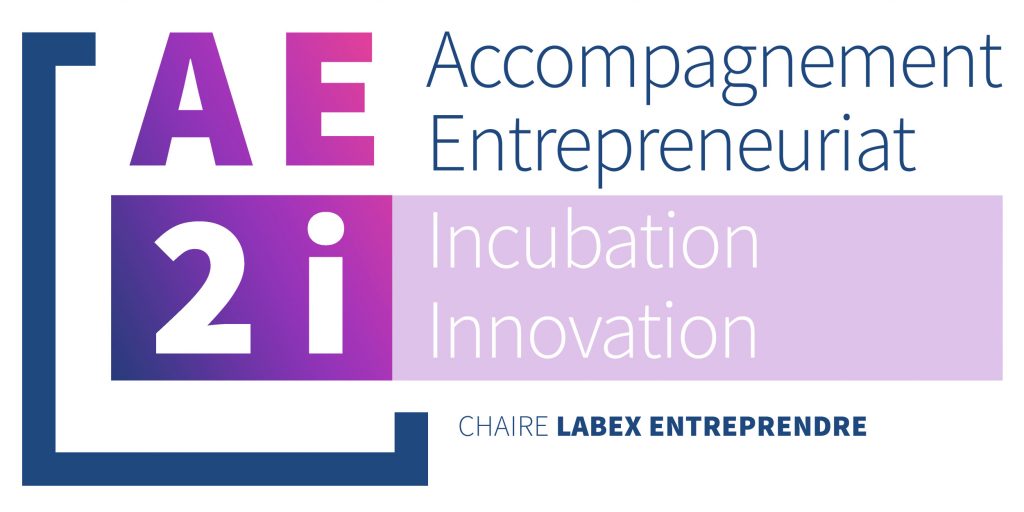
Chair AE2I: Accompaniment Entrepreneurship Incubation Innovation
OBJECTIVES
- To promote actions around entrepreneurial support
- Strengthen the links between support structures in the broadest sense of the term, incubators, the world of entrepreneurship research and students
- Encourage reflection on support tools and methods
- Encourage research and actions around innovation in entrepreneurial support and innovation
- To awaken interest in entrepreneurial support and incubation
- In close connection with the Entrepreneurial Support Lab research program.
ACTIONS
- Participation in the organization of events such as MOMA Start-up Event, the Montpellier Innovation Booster, etc…
- International reflection on support methods through participation in the European program TRUE
- Creation and action through the PEPITE France and GEM France networks
- Anchoring on the Master’s degree in Entrepreneurial Coaching and the Bachelor’s degree in Entrepreneurship and SMEs*.
MANAGERS
The AE2I Chair is directed by Sylvie Sammut, co-director of the Master’s degree in Entrepreneurial Accompaniment in close connection with the activity of the Chair.
The others chairs
PARTNERSHIP CHAIRS
Coo-innov : Coopetition and innovation ecosystem
Social Entrepreneurship and Inclusion
Social & Sustainable Finance
Innov’ere Santé
Management & Technologies
Pégase
SCORE : Sustainability, Accounting and Reporting
Smart user in the city
Sustainability, communication and organization
Chair Maréson, Responsible Marketing and Wellness

Coo-innov : Coopetition and innovation ecosystem
Objectives of the Chair
- Strengthen the links between companies, researchers and students on the issues of collaboration and competition within innovation ecosystems
- Promote, share and create new knowledge on collaborative innovation
- To contribute to the training of students and managers in collaborative innovation
- To disseminate the latest scientific knowledge on collaborative innovation to companies and actors of the ecosystem

Social Entrepreneurship and Inclusion
The Social Entrepreneurship & Inclusion Chair was created in March 2019. It brings together an ecosystem of companies, teacher-researchers, associations and students. Its objective is to promote social and solidarity economy companies through research and teaching activities as well as concrete actions at the territorial level. The Chair also seeks to support people who are far from employment in order to contribute to a more inclusive economy.
W. Nakara – MBS

Social & Sustainable Finance
The main mission of the Chair is to better understand the impact of the various microfinance actors in developed countries, but also to design new tools that will allow for greater efficiency and sustainability of the industry given the constraints related to the various legislative and economic contexts.
Anastasia Cozarenco – MBS
Thi Hong Van Hoang – MBS

Innov’ere Santé
Developed by the Montpellier Management Institute in partnership with Labex Entreprendre, the “Innov’ere Santé” chair helped support research in 2016 by funding translations, copy editing and conferences. For example, the members of the chair contributed to the following national and international conferences: Academy of Management, 9th international EAISM Public sector conference, 39th Annual congress European Accounting Association, 7th congress of the Association Francophone de Comptabilité, 4th national congress of the Association de Recherche Appliquée en Management des Organisations de santé. In addition, it has forged links with the nuclear sector (CEA).
The creation of a joint event bringing together actors from the health sector and actors from the nuclear sector took place on June 27, 2016 on the theme “steering in risky sectors”. Finally, it supported the opening of the EMBA “Innovations, strategy and change management in healthcare organizations”, in partnership with the CESEGH, in October 2016.
Responsable : I. Georgescu

Management & Technologies
The chair was created in September 2013 under the impetus of Véronique Bessière, director of research at IAE and co-director of a research program carried by the LABEX Entreprendre. The chair is the result of this partnership between the IAE Montpellier and the Labex Entreprendre. The chair is mainly based on the expertise of the IAE in management training for students from scientific and technological fields (double competence) and the expertise of LABEX in research on innovation and entrepreneurship.
An important dimension of innovation and business creation is technological, that the Chair Management, Innovation & Technologies aims to support around the themes of:
Technology Transfer
Technology Management
Digital Transformation
Dynamics of Innovation and Territories
Responsables : Véronique Bessière et Eric Stéphany
Objectives
The objectives of the Management, Innovation & Technologies Chair are to develop and support the network between teaching and research in the field of technology management and student entrepreneurship in scientific and technological training. In these objectives, a strong emphasis is placed on pedagogical innovation.
To support the development of knowledge on the dynamics of technological innovation, in particular linked to technology transfers and supported by territories.
Promote the networking between scientific and technological training and management training.
- To support the valorization of research in this field and its transfer to teaching and the professional world, to disseminate knowledge and research results through the organization of colloquia, workshops, etc.
- To welcome international professors and researchers specializing in these fields.
- To increase the visibility of research and its impact in the international context.
- To contribute to the intensification of research and training activities.
- To create training activities corresponding to the objectives of the Chair.
Actions & Projects
Since 2013, many actions have been carried out, others are underway and important projects are in development.
Student events to raise awareness of entrepreneurship and innovation:
Créa’thlon : a business creation course, from the idea to the business plan, for students with a creation idea or wishing to accompany a project. Since its 1st edition in February 2014, Créa’thlon has become an unmissable event on the Triolet campus for students with business creation ideas.
https://www.umontpellier.fr/articles/creathlon-entrez-dans-la-peau-dun-entrepreneur-2
The Montpellier Start-up Weekend
Organized for 3 years by the IAE Start-up LAb association and in partnership with the Chair, this event aims to support project holders during a weekend in the form of a challenge.
https://www.facebook.com/swmtp/
The ActInSpace in Montpellier
Organized by the Centre national d’études spatiales (CNES), the European Space Agency (ESA) and ESA BIC Sud France, ActInSpace® is an event that aims to facilitate the transfer of technology from space to new markets. Its goal is to take up, by team and in 24 hours, one of the challenges proposed by CNES, ESA, Airbus DS and the other partners. These challenges are proposed on the basis of patents or data coming from space. After two first sessions organized at IAE, the Chair is partner with IAE Start-up Lab of the third edition in May 2020.
https://presse.cnes.fr/fr/le-cnes-lance-la-troisieme-edition-du-hackathon-actinspace
Coordination of International Cooperation Program:
Coordination of the European program Tempus SUCSID (Inter-universities start-up centers for students’ innovations development & promotion). This program was held over the period 2013-2016 and brought together several EU countries, coordinated by the UM.
Participation in Pedagogical Innovation projects:
Design and production of MOOCs
Two MOOCs are offered on FUN MOOC. They were set up thanks to the support of the University of Montpellier, the IAE, PEPITE LR.
- MOOC Innovative Business Creation, from the Idea to the Start-up: this MOOC enters its 4th season in January 2020. It has been followed by over 45,000 participants over three seasons.
https://www.fun-mooc.fr/courses/course-v1:umontpellier+08003+session03/about
- MOOC Financing Innovation: this MOOC had its first season in 2019, with nearly 5000 participants. The second season takes place starting in March 2020.
https://www.fun-mooc.fr/courses/course-v1:umontpellier+08011+session01/about
Implementation of the Open Innovation platform: Digital Startup Challenge
Winner of the Disrupt Campus call for projects in 2017 (bpifrance and ANR), Digital Startup challenge is an innovative collaborative educational device designed around an open innovation platform to bring a digital experience to teams of students from all types of university courses (law, management, medical, scientific, architecture, letters…) or engineering schools. Its objective is also to accompany all types of organizations (public, associations…) and companies (start-ups, SMEs, large groups) facing digital transformation issues. In an open innovation approach, the latter propose a challenge to which the students must respond, in teams. This training method allows for experiential learning. Confronted with real problems, students can empirically test the theoretical concepts they have acquired and observe the practices at work in the structures.
https://digitalstartupchallenge.umontpellier.fr
Initialization and development of new innovative educational programs:
Piloting of the DU Business Venturing launched at the end of 2018 with the support of Isite MUSE e(call for take-off 1 project – Pedagogical innovations)
https://iae.umontpellier.fr/fr/formations/muse-business-venturing
Steering of the Imagine Entreprendre ! program, in partnership with IMT Mines Alès, in the framework of the Isite MUSE and the take-off 2 project call – Pedagogical innovations, project in progress.
Integration of research activities:
Organization of the International Governance Conference in May 2016 at IAE Montpellier, a conference of the International Academic Governance Association, carried by the MRM laboratory and IAE.
https://cig2016.edu.umontpellier.fr
https://www.umontpellier.fr/articles/nouveaux-enjeux-de-gouvernance-dentreprise
Organization of a workshop “Cognitive and Effectual Governance” in September 2019
https://mrm.edu.umontpellier.fr/workshop-gouvernance-cognitive-et-effectuale/
Launch of a call for proposals for a special issue of the Revue Française de Gestion on “Governance and financing of innovative entrepreneurial firms»
Team
The Chair’s team brings together several teacher-researchers from the University of Montpellier from different management science disciplines and specializing in innovation.

Pégase
The Pegasus Chair is the only French chair dedicated to the economics and management of air transport and aerospace.
Created by Professor Paul Chiambaretto, the Pegasus Chair aims to strengthen the links between the academic world and companies in the air and aerospace sectors.
The Pegasus Chair is attached to Montpellier Business School, but it is developed in collaboration with several scientific institutions including the Université de Montpellier.
The activities of the Chair are based on 3 axes
-
Scientific research activities to create new knowledge
-
Teaching activities to train the managers of tomorrow
-
Orientation activities and animation of the alumni network in the air and aerospace sectors

SCORE : Sustainability, Accounting and Reporting
OBJECTIVES
- Understand the voluntary construction of sustainability reporting standards, at an organizational or institutional level (development of new international and European standards).
- Examine the way in which players, organizations and institutions produce conventions around these standards, and their link to broader societal transitions in economic activity (in particular, the place and roles of the accounting profession and accounting skills in these transitions).
- Build a network of key professional players associated with these themes to identify the needs of the economic world and train in MOMA (organization of a colloquium and annual events).
- Design a training offer (initial, continuing and e-learning) that integrates these societal challenges with a view to future accreditation.
FUNDING
- Autorité des Normes Comptables contract on carbon quota accounting, led by S. Spring (2016-2019)
- Montpellier Management Institute
RESEARCHERS
S. Spring, G Naro, JN Chauvey, G Giordano, G Dumas, J Senn, F Pierrot, B David (doctorant).

Smart user in the city
The Cit.Us Chair, or “Usages et Pratiques dans la Ville Intelligente” (Uses and Practices in the Intelligent City) was launched in collaboration between the School of Management Sciences (ESG) of the University of Quebec in Montreal (UQAM) and the Montpellier Management Institute of the University of Montpellier. The researchers of this chair are interested first of all in the users of the city by questioning their perceptions, attitudes and behaviors towards the intelligent services and solutions proposed in their daily life. For more information, click here.
G. N’Goala, P. Folcher, F. Durif et F. Paulhiac – MoMa et ESG – UQAM

Sustainability, communication and organization
Presentation
Current projects explore the role of:
- Social movements, legitimizing discourses, and framing
- Media, solution journalism and storytelling
- Communication and education in sustainability science
- Multi-stakeholder initiatives, democratic and open organization
- Alternative structures of environmental governance.
- Transform their management logic in line with sustainable development
- Measure the impact of the organization on low-carbon behavior
- Experiment with new narratives and new environmental governance structures
- Train managers and inform the general public to transform the economy of tomorrow
Holder
Dr Helen Etchanchu

Chair Maréson, Responsible Marketing and Wellness
Presentation
We think with companies, associations and other organizations to implement together innovative actions in terms of responsible marketing and management, for the well-being of society.
Our mission
Co-leaders
Jean-Marc Ferrandi
Marie-Christine Lichtlé
Anne Mione
labex programs
INCUBATORS
UM I-Lab by MOMA

MBS Entrepreneurship Center
MISSIONS
The Entrepreneurship Center educates, trains and supports MBS students and alumni in entrepreneurship. Our goal: to prepare ethical and successful business leaders, aware of their global responsibility, open to the world and its diversity.
ACTIVITIES
The team responds to the needs of entrepreneurial students and alumni (current or future) via five main levers:
- Coaching: The MBS incubator
- Entrepreneurship awareness
- Training
- Research
- Financing: MBS Invest
MANAGER
Annabelle Jaouen – MBS

UM I-Lab by MOMA
OBJECTIVES
UM I-Lab by MOMA is an incubator for student entrepreneurs and young graduates from the MUSE area who have a project to create or take over a company. It is a place of exchange and training, accelerating skills and generating ideas.
Located in a place conducive to learning, the Richter BU, the UM I-Lab by MOMA incubator is a lively place where project leaders can meet, exchange ideas and welcome “resource persons”. Young entrepreneurs will have access to a co-working space, meeting rooms, training rooms, etc.
UM I-Lab by WOAgri is at the heart of the ecosystem, mobilizing all the private and public players likely to encourage the growth of start-ups, an incubation program is proposed to help young entrepreneurs to realize their project to create or take over a company.
MANAGER
Sylvie Sammut
Directory of members
Find the complete list of Labex Entreprendre members.
Governance
Research – Formation – Valorisation
CODIR
COPIL
comité
CONSORTIUM
Executive Committee (CODIR)
The Executive Committee meets 3 to 4 times a year with the Directors of the LabEx Entreprendre Programs and Chairs.
LabEx Director
Jean-Marie Courrent
Coordinator of the Scientific Council
Karim Messeghem
Team Directors
Christophe Albiges et Christine Hugon – Laboratoire de Droit Privé
Paul-Henri Antonmattéi – Laboratoire de Droit Social
Gérald Naro – MRM
Paule Moustier – UMR Moisa
Brice Magdalou – CEE-M
Benoît Mulkay – MRE
Directors of Chairs
Christophe Albiges et Françoise Pérochon – Chaire Prévention et traitement des difficultés des entreprises
Karim Messeghem et Sylvie Sammut – Chaire Jacques Cœur pour l’Accompagnement Entrepreneurial
Frank Lasch et Franck Robert – Chaire Entrepreneuriat et Innovation
Paul-Henri Antonmattei – Chaire Dialogue Social et responsabilité sociale de l’entreprise
Olivier Torrès – Chaire Santé des dirigeants de PME et entrepreneurs
Jean-Marie Courrent, Gérald Naro et Florence Palpacuer – Chaire Management et Entrepreneuriat Responsables
Steering committee
The steering committee of LabEx Entreprendre meets every year; it is composed of institutional and economic actors who participate in the definition of research orientations.
Click on the different links to consult the official website:
Establishments
- AgroParisTech
- CEA
- CIHEAM-IAMM
- CIRAD
- Montpellier Business School
- Université de Montpellier – MUSE
- SupAgro
Institutions
Scientific Committee
The Scientific Committee is in charge of evaluating the research programs and meets every 18 months to review the LabEx actions.
Click on the link to consult the sheet of the members of the SC:
Consortium
The LabEx Entreprendre consortium is composed of different entities involved in the research and innovation ecosystem:
– Les entités de l’Université de Montpellier, MUSE et la fondation UM
– Montpellier Business School (MBS)
– L’institut Agro (SupAgro)
– le Commissariat à l’Energie Atomique (CEA)
– Le Centre International de Hautes Etudes Agronomiques Méditerranéennes (CIHEAM-IAMM)
– Le Centre de Coopération Internationale en Recherche Agronomique pour le Développement (CIRAD)


























